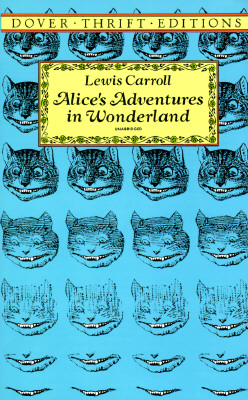I attended an all girls’ boarding school — Villa Maria High School, unfortunately now closed — and I lived in the dorm for the first three years. Each year around this time all the girls would start to worry about weight we’d gained over the winter months. The cafeteria specialized in heavy carbs, and there was ice cream every night, so it wasn’t surprising some of us would bulk up a bit each year. We’d then go through every possible diet and exercise craze to slim down.
My friend Mary Jean and I ran stairs each night. We’d jog up and down the back stairs of the dorm, three flights, sometimes listening to a boom box we’d park on the top landing.
Mary Jean was particularly weight-conscious. She had lived most of her life in the Aramco company compound in Saudi Arabia, an American outpost full of families and kids and basically on the beach, and she was almost Los Angelean in her concern for remaining bikini-ready. She hung a pink and green string bikini from the light fixture in her ceiling, as a constant reminder of the goal.
Anyway, Mary Jean took the stair running extra-seriously, and to give her efforts a boost she wrapped herself — each leg and her torso, and sometimes her arms — in cellophane wrap, underneath her sweat suit. You could hear the cellophane squeak and rustle as she ran up and down. I don’t know that the cellophane accelerated her progress but she was convinced it was a good thing.
I was reminded of this technique when I saw this photo. Except I think this woman would have trouble running in her getup.
